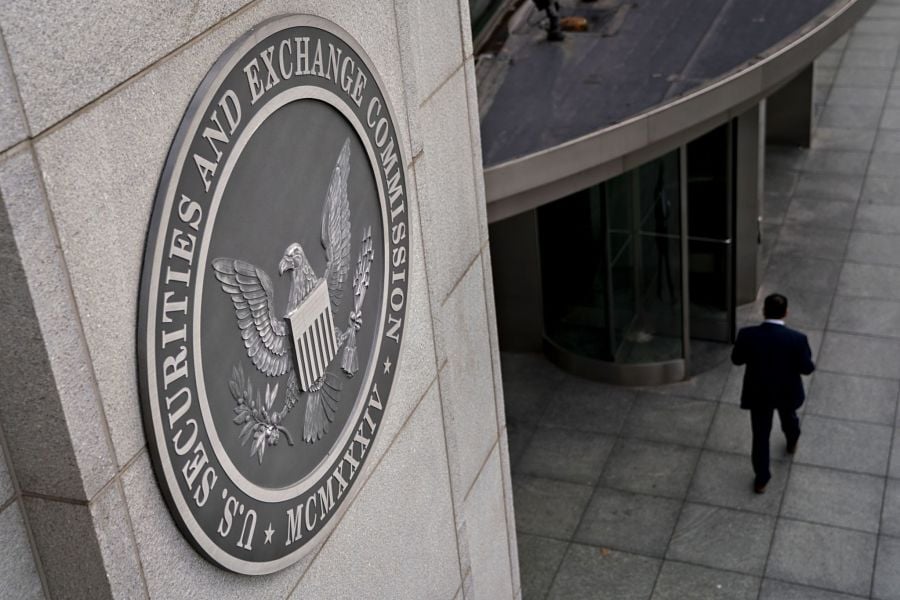

Some broker-dealers are failing to comply with the requirements of Regulation Best Interest, the SEC said Monday.
The Securities and Exchange Commission said recent examinations have shown that brokers are falling short in identifying and mitigating conflicts of interest, as well as in ensuring that their registered representatives consider the costs of and alternatives to their investment recommendations.
“Some broker dealers did not have written policies and procedures reasonably designed to specify how conflicts are to be identified or addressed,” the SEC stated in a risk alert. “In addition, some written policies and procedures did not prohibit sales contests, sales quotes, bonuses and non-cash compensation that were based on the sales of specific securities or specific types of securities within a limited period of time.”
Reg BI, as it’s known, went into force in June 2020. The rule was meant to provide stronger investor protection against broker conflicts than the previous suitability standard when brokers make investment recommendations to retail customers. It also was intended to hold brokers to a conduct standard similar to the fiduciary duty that investment advisors owe their clients.
But the SEC found deficiencies in preventing conflicts.
“Some broker-dealers inappropriately relied on disclosure to ‘mitigate’ conflicts that appeared to create an incentive for the financial professional to place its interest ahead of the interest of the retail customer and did not establish any mitigation measures,” the risk alert states. “However, disclosure alone does not satisfy the conflict of interest obligation for these kinds of conflicts.”
One of the requirements of Reg BI is that brokers offer customers a range of investments rather than simply promote proprietary products. They also must consider the costs of the recommendations. The SEC found shortcomings in these areas as well.
Some brokerages “directed financial professionals to consider reasonably available alternatives … [and] costs without providing any guidance as to how to do so,” the risk alert stated.
The SEC finalized Reg BI during the Trump administration. The Democratic majority in place for the Biden administration chose not to scrap the measure. Instead, SEC Chairman Gary Gensler said the SEC will use guidance, examinations and enforcement to ensure Reg BI delivers on its investor protection promises.
The risk alert released Monday highlights deficiencies found in examinations and weak practices that could lead to deficiencies, the agency said.
“It is intended to assist broker-dealers in reviewing and enhancing their compliance programs related to Regulation Best Interest,” the risk alert stated.

While industry statistics pointing to a succession crisis can cause alarm, advisor-owners should be free to consider a middle path between staying solo and catching the surging wave of M&A.

New joint research by T. Rowe Price, MIT, and Stanford University finds more diverse asset allocations among older participants.

With its asset pipeline bursting past $13 billion, Farther is looking to build more momentum with three new managing directors.

A Department of Labor proposal to scrap a regulatory provision under ERISA could create uncertainty for fiduciaries, the trade association argues.

"We continue to feel confident about our ability to capture 90%," LPL CEO Rich Steinmeier told analysts during the firm's 2nd quarter earnings call.
Orion's Tom Wilson on delivering coordinated, high-touch service in a world where returns alone no longer set you apart.
Barely a decade old, registered index-linked annuities have quickly surged in popularity, thanks to their unique blend of protection and growth potential—an appealing option for investors looking to chart a steadier course through today's choppy market waters, says Myles Lambert, Brighthouse Financial.
